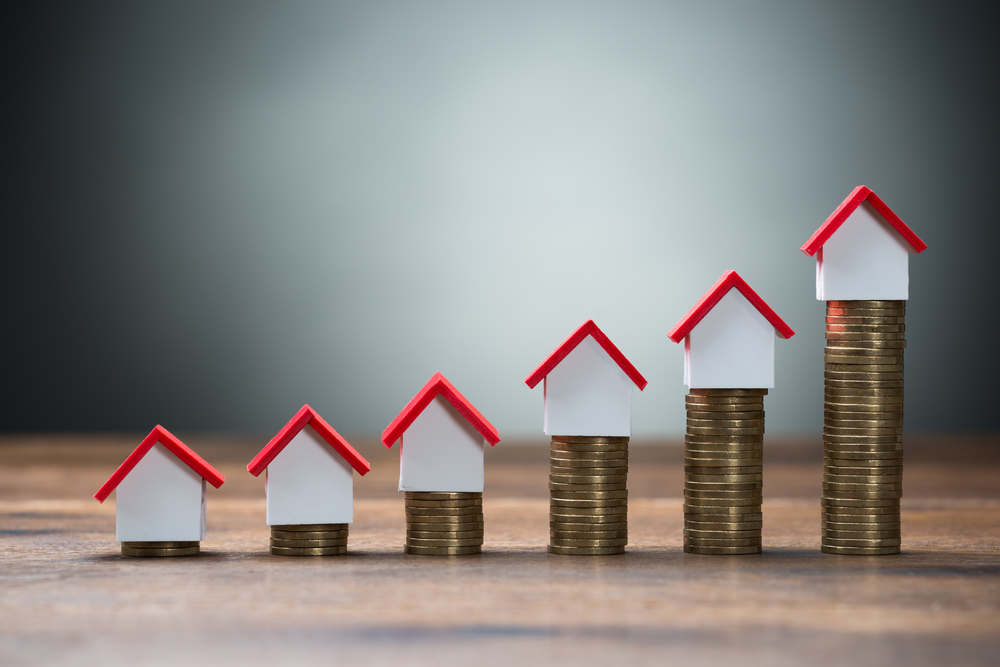House prices picked up in August despite the slowdown in the market as a result of the EU referendum. According to the latest Nationwide House Price Index, the average price of a home increased by 0.6% in August to £206,145. The annual rate of house price growth rose 5.6%, up from 5.2% in July. Nationwide […]
 House prices picked up in August despite the slowdown in the market as a result of the EU referendum.
House prices picked up in August despite the slowdown in the market as a result of the EU referendum.
According to the latest Nationwide House Price Index, the average price of a home increased by 0.6% in August to £206,145.
The annual rate of house price growth rose 5.6%, up from 5.2% in July.
Nationwide said the growth was largely driven by the shortage of houses on the market and that future prices will be determined by the impact of the EU referendum on the economy.
Mortgage approvals for house purchases have progressively slowed following a boom in borrowing in the run-up to April’s stamp duty hike as buyers brought forward transactions to beat the deadline.
The housing market has also been hit by uncertainty over the impact of the EU referendum, with many buyers adopting a more cautious approach and putting off purchases.
Robert Gardner, Nationwide’s chief economist, said: “The pick up in price growth is somewhat at odds with signs that housing market activity has slowed in recent months. New buyer enquiries have softened as a result of the introduction of additional stamp duty on second homes in April and the uncertainty surrounding the EU referendum. The number of mortgages approved for house purchase fell to an eighteen-month low in July.
“However, the decline in demand appears to have been matched by weakness on the supply side of the market. Surveyors report that instructions to sell have also declined and the stock of properties on the market remains close to thirty-year lows. This helps to explain why the pace of house price growth has remained broadly stable economy.”
He said that if the slowdown in the economy continues following the Brexit vote this would likely have a negative impact on the job market and household confidence, which could hit house prices.
To help boost growth the Bank of England has cut interest rates from 0.50% to 0.25% – the lowest on record. It is the first interest rate cut since 2009, when the financial crisis was at its peak.
Gardner said the decision by the Bank to lower interest rates would provide an immediate benefit to many mortgage borrowers, though for most the boost will be fairly modest.
Howard Archer, chief UK economist at IHS Global Insight, said: “We suspect that house prices could ease back by around 2% from current levels over the final months of 2016 and there could well be a further 5% drop in 2017. This suspicion is fuelled by the Bank of England reporting mortgage approvals for house purchases slowing markedly to an 18-month low in July. However, the downside for house prices could be limited markedly by a shortage of properties for sale.”
Jeremy Duncombe, director at Legal & General Mortgage Club, said: “Whilst these figures from Nationwide show a softening in house price inflation, the price of property is continuing to climb at rates well above wage inflation. It won’t be until September’s figures that we’ll be able to get a clearer view of the housing market since the UK’s vote to leave the EU.
“We need to get to grips with the housing crisis sooner rather than later, and that means action from the Government to mobilise the housing industry, both public and private, to build hundreds of thousands more homes. By doing this, we can increase the opportunities for homeownership and build a more hopeful future for aspirational first time buyers.”














